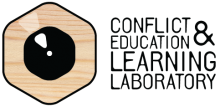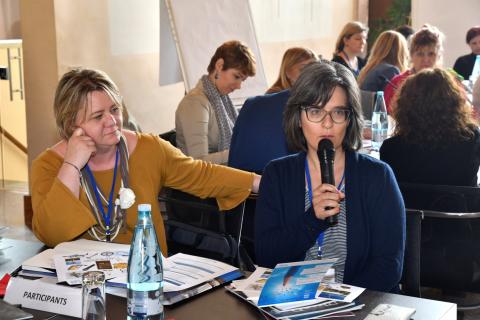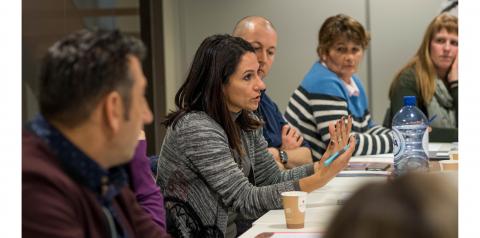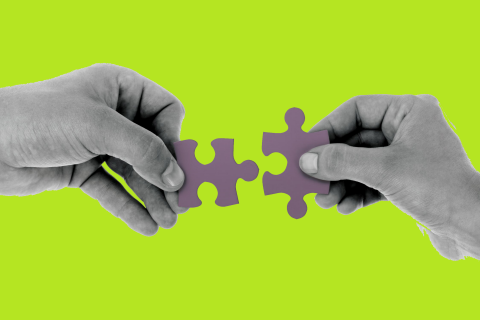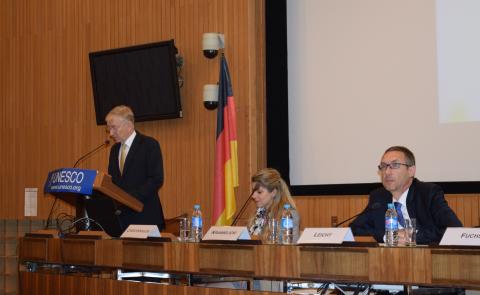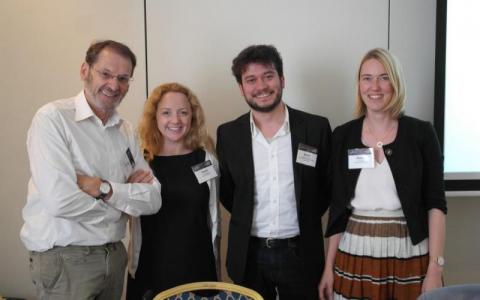Between 2-4 May 2018, CELL participated in a sub-regional capacity-building workshop on the prevention of violent extremism through education (PVE-E), entitled "Global Citizenship Education for Peaceful Socieities in South-East Europe" in Venice, Italy.
